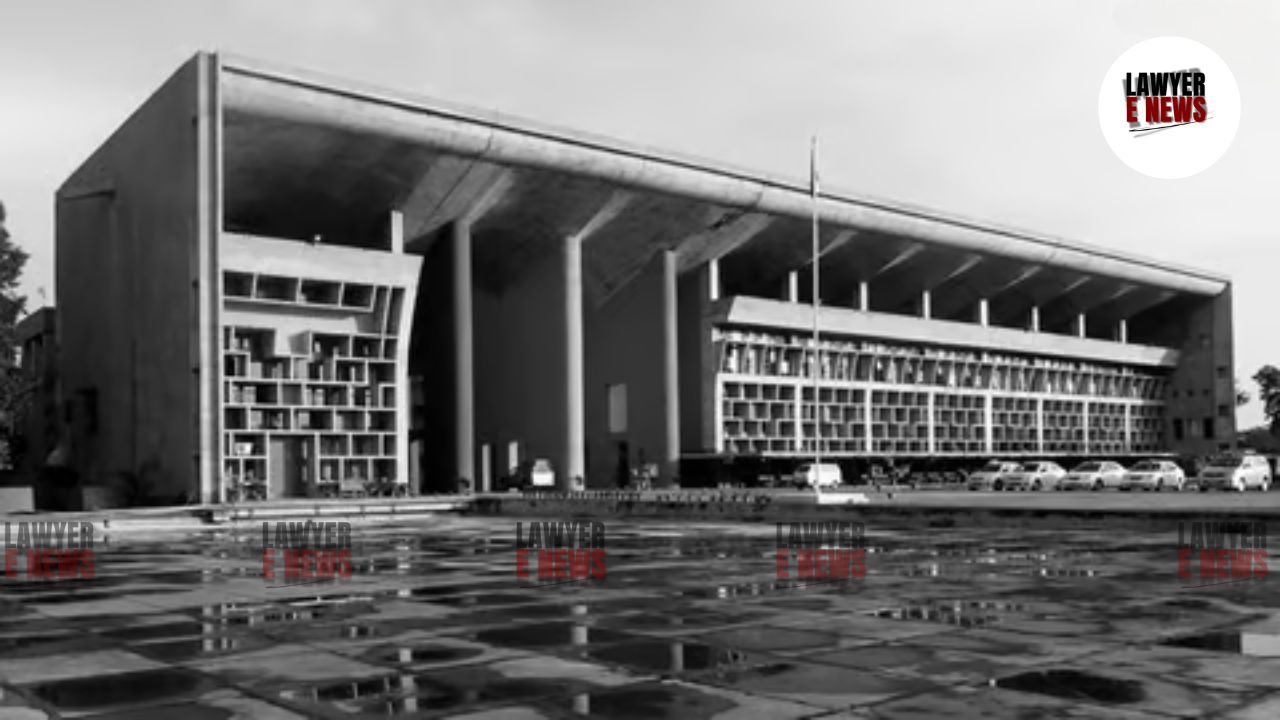-
by Admin
15 February 2026 5:35 AM



The Punjab and Haryana High Court has delivered a significant judgment on the matter of Inquiry Commissions, clarifying the circumstances under which a Commission can be revived and continued by the government. The judgment, authored by Justice Anil Kshetarpal, addresses the procedural requirements and legal interpretations surrounding the cessation and revival of Inquiry Commissions under the Commissions of Inquiry Act, 1952.
The case revolves around the Commission of Inquiry constituted to investigate the grant of licenses for developing colonies in certain villages of Gurgaon district. The Commission was appointed on May 14, 2015, and its term was extended multiple times until August 31, 2016, when it submitted its report. A notification was subsequently issued on September 2, 2016, declaring the end of the Commission's term. However, the report's findings were challenged in court due to alleged procedural deficiencies, particularly the improper issuance of notice under Section 8B of the Commissions of Inquiry Act, 1952.
Government’s Power to Revive: Justice Anil Kshetarpal underscored the government’s authority to revive a Commission of Inquiry, noting that the cessation of a commission's term does not equate to its final dissolution unless a specific notification under Section 7(1)(a) of the Commissions of Inquiry Act, 1952, is issued. He stated, "The term of the Commission of Inquiry may come to an end, but its existence can be revived by the government to fulfill its purpose if no cessation notice under Section 7(1)(a) has been issued."
Importance of Procedural Compliance: The court highlighted the procedural lapse concerning the issuance of notices under Section 8B of the Act, which requires adequate details to be provided to the persons being summoned. This procedural non-compliance led to the quashing of the Commission’s report. "It is essential for the notices issued under Section 8B to contain sufficient details to inform the recipients adequately, ensuring fairness and transparency in the inquiry process," the judgment noted.
Continuation from Existing Stage: The court ruled that if a Commission is revived, it does not need to restart the inquiry but can continue from the stage where it left off. Justice Kshetarpal emphasized, "The inquiry may proceed from the stage it was left at, without the need for a fresh inquiry, thus respecting the work already undertaken."
The judgment explored various sections of the Commissions of Inquiry Act, 1952, particularly Sections 3, 7, and 8A, to determine the legal framework governing the appointment, functioning, and cessation of Inquiry Commissions. It was clarified that the government holds the discretionary power to revive a Commission if its purpose remains unfulfilled and no cessation notification under Section 7(1)(a) is issued. The court also referenced previous judgments to support its reasoning, asserting that the legal provisions allow for the continuation of an inquiry to ensure the objective for which the Commission was constituted is achieved.
Justice Kshetarpal remarked, "The Commission of Inquiry remains in suspended animation post the end of its term, subject to the government's decision to either cease or continue its existence. This ensures that the objectives of public importance for which the Commission was established are adequately addressed."
The Punjab and Haryana High Court’s judgment provides clarity on the procedural aspects and the government's powers concerning Inquiry Commissions. It reinforces the importance of procedural compliance in issuing notices and affirms the government's ability to revive a Commission to ensure the completion of its mandate. This decision is expected to guide future cases involving Inquiry Commissions, ensuring a robust legal framework for addressing matters of public importance.
Date of Decision: May 9, 2024
